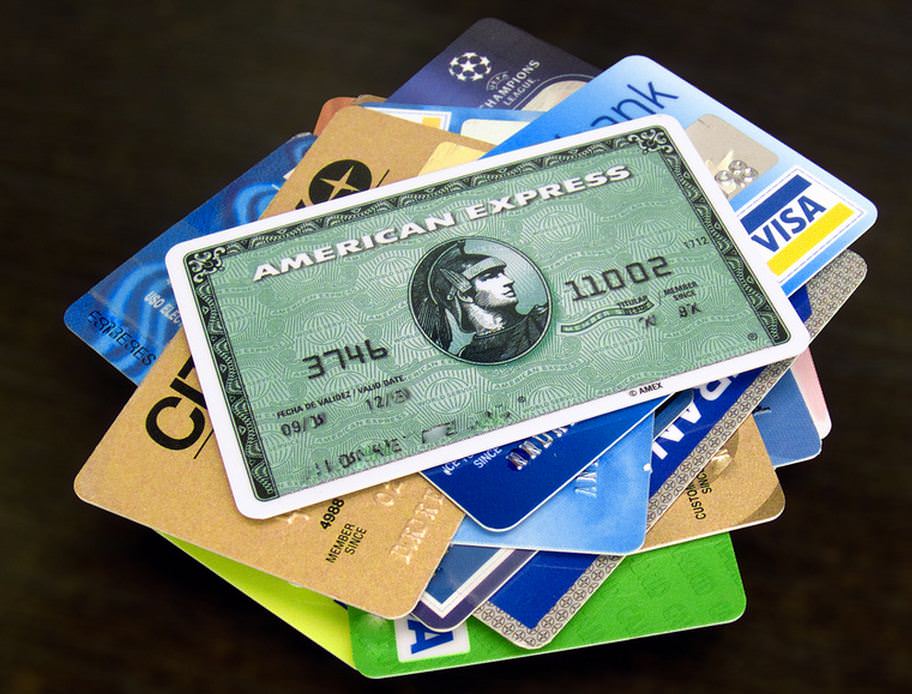In today’s financial world, credit cards are a reality for almost everyone. While this form of payment can be helpful, it can also be harmful and even financially devastating. Making smart credit card decisions is key to keeping your finances in shape. Here is some advice about how to use these tools effectively.
Pay credit cards in Full Each Month
 First and foremost, always make sure to pay your credit cards in full each month. Keeping a balance on your credit cards involves paying a high interest rate, and this makes your purchases more expensive than they initially were. Interest rates can add up quickly and turn into a balance that you can’t afford to pay off, so you need to be careful about them. Never charge more than you can afford to pay off and make your monthly credit card payments a financial priority to avoid any problems.
First and foremost, always make sure to pay your credit cards in full each month. Keeping a balance on your credit cards involves paying a high interest rate, and this makes your purchases more expensive than they initially were. Interest rates can add up quickly and turn into a balance that you can’t afford to pay off, so you need to be careful about them. Never charge more than you can afford to pay off and make your monthly credit card payments a financial priority to avoid any problems.
Another important tip is to keep the percentage of available credit card funds you borrow to a minimum, ideally not more than 30 percent of your available credit. When lenders look at your credit to determine your worthiness for a large loan, such as a mortgage or car payment, they will look at your debt to available credit ratio as a determining factor. If you are maxed out on all your credit cards, it will look bad and can cause you to be turned down for a loan. At the very least, it will often cause the lenders to offer you a higher interest rate which means more money out of pocket.
In addition to spending on your cards carefully, take advantage of some of the free perks. Try to find a card that offers perks you will use, such as airline miles, points toward shopping or cash back allowances. Consider your options carefully and pick the card that offers you the lowest interest rate, no annual fee and an incentive program you will use. This equates to money you will save when you use a points system versus purchasing these items out of pocket. It can really add up over a year’s period of time.
How Many Credit Cards Should You Carry?
Finally, try not to carry too many credit cards. While there is an appeal to having a large amount of credit available to you, there are pitfalls too. Having too much open credit leaves you increasingly vulnerable to over spending and it can also increase your risk for falling victim to financial fraud and a stolen identity. If you should lose your wallet, it can be very difficult to recall which of your cards it contained when you have several, and that means a more difficult time getting the cards cancelled. Lenders can also look at too much credit as a potential risk, since it means you have a greater ability to carry a big balance and owe a lot of debt.
Credit cards can be financial assets when they are used correctly, and they can also have a very negative impact on your financial future. Take the time to learn about your cards and use them wisely. This protects your credit and keeps your life free from financial stress.
